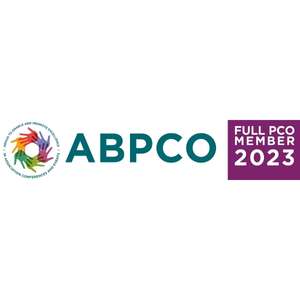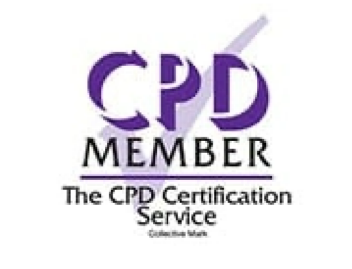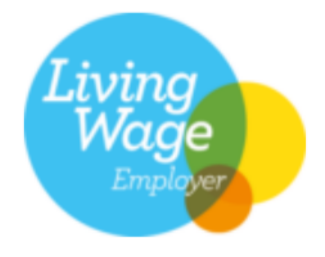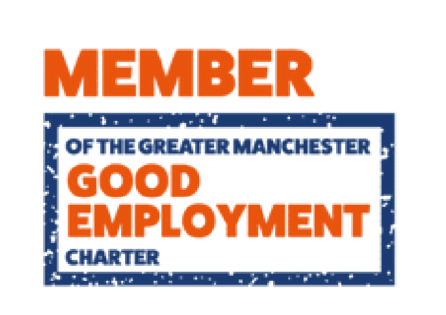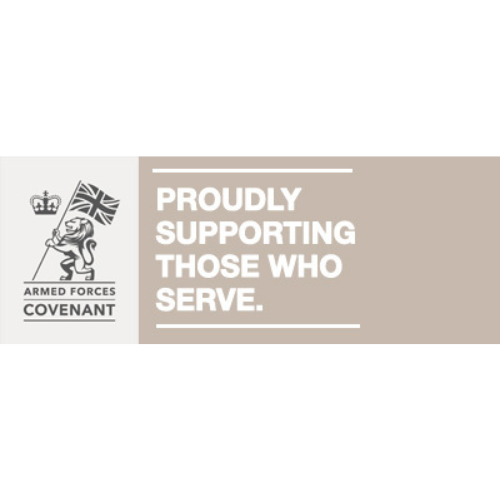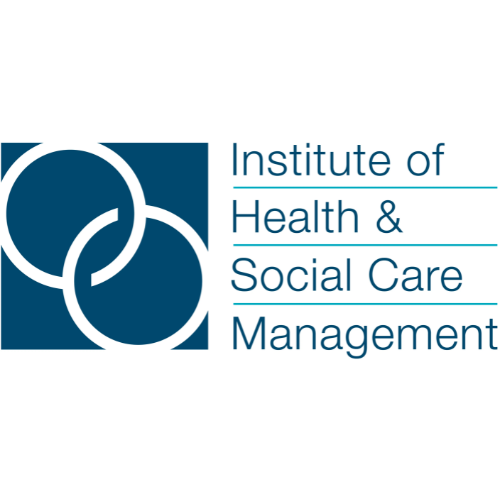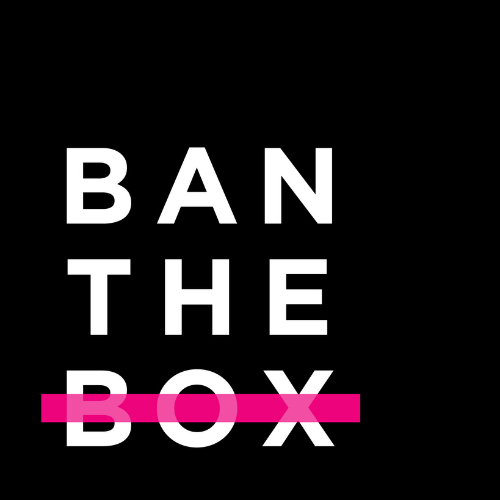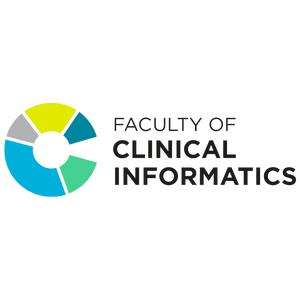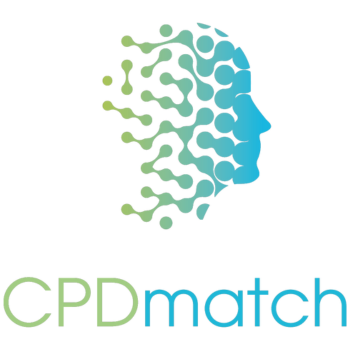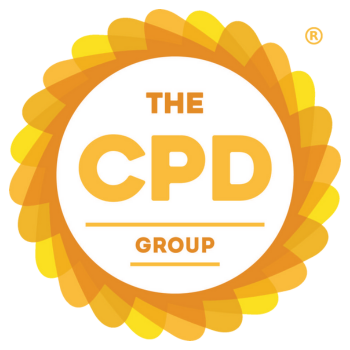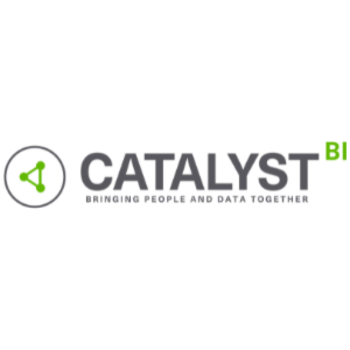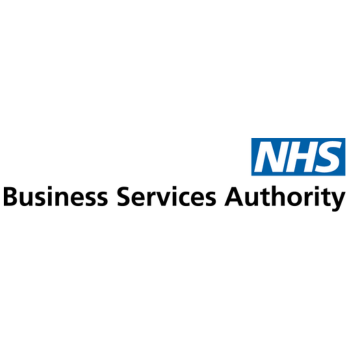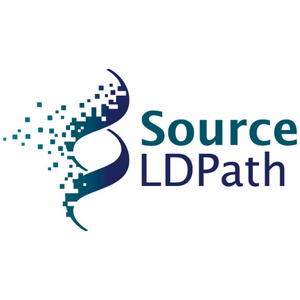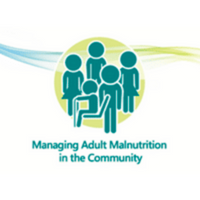
NEW ONLINE RESOURCE TO ASSIST HEALTHCARE PROFESSIONALS IN OPTIMISING THE NUTRITIONAL CARE OF PATIENTS WITH CANCER
The Malnutrition Pathway has developed a new online resource focusing on optimising the nutritional care of patients with cancer (www.malnutritionpathway.co.uk/cancer). Developed in conjunction with Mhairi Donald, Consultant Oncology Dietitian and Dr Anne Holdoway, Consultant Dietitian, the resource aims to enable health and care professionals to recognise nutritional issues and provide first-line advice supported by downloadable patient fact sheets. It has been developed in response to a growing desire amongst patients and carers for information on diet and nutrition in cancer1, 2 and includes specific information on dealing with common nutrition impact symptoms.
The new resource outlines the impact of malnutrition in cancer, advises on nutrition screening and assessment and gives advice for both healthcare professionals and patients on ways to adjust the diet to prevent or manage common nutrition impact symptoms. It also includes information on diet in the prehabilitation phase prior to treatment, top-line information on nutrition support and diet therapy, the use of oral nutritional supplements when indicated, and includes a summarised step by step guide.
Nutrition is considered highly important by cancer patients across their trajectory of care, from the period of diagnosis through treatment and beyond into survivorship and in palliation. Many patients will experience diet-related issues throughout the journey which can persist well beyond the treatment phase1. These issues not only contribute to the development of malnutrition but create distress and add to existing anxieties. In addition, disease-related malnutrition, cachexia and sarcopenia (loss of muscle) result in poorer outcomes and increased mortality, hence where possible should be prevented, identified and treated3.
An estimated 1 in 3 patients with cancer attending out-patients are at nutritional risk4 and up to 83% of patients experience malnutrition during the course of their disease depending on the type of cancer, treatment and nutritional assessment method used5-8.
Nutritional risk is associated with a number of common clinical issues (e.g. fatigue, anorexia, gastrointestinal symptoms, sore mouth). These issues are usually noted and recorded but importantly should act as an indicator for the healthcare team that further nutritional assessment may be warranted, triggering a referral for more detailed assessment by a dietitian or nutrition team4.
‘Nutritional issues and poor nutritional status can result from the local effects of cancer itself, the metabolic response to the cancer, and the treatments used such as chemotherapy, radiotherapy, immunotherapy and surgery’ says Mhairi Donald, Consultant Oncology Dietitian. ‘All of these can have immediate short-term effects, as well as longer-term effects, limiting the ability to eat and drink. It is therefore important that we seek to optimise the nutritional status of patients at diagnosis, during prehabilitation, treatment and rehabilitation.’
‘Timely nutritional interventions can improve nutritional status, body composition, function, symptoms, quality of life, the patient experience and ultimately survival. Despite this, the provision of appropriate nutritional care can be delayed, and in some cases overlooked, adding diet-related anxiety to anxieties that already exist amongst patients and their families’ says Dr Anne Holdoway, Chair of the Malnutrition Pathway panel. ‘The new resources developed by the Malnutrition Pathway aim to support healthcare professionals in identifying the common symptoms and issues interfering with the ability to eat and drink amongst those living with cancer, provide patients with appropriate advice to alleviate the issues and ultimately enhance the overall patient experience and improve clinical outcomes.’
‘There are many reasons why a head and neck cancer patient is likely to experience malnourishment. Prior to treatment a patient may simply not eat enough due to a physical obstruction, or pain caused from an untreated tumour’ says Michelle Vickers, CEO of the Head & Neck Cancer Foundation. ‘Post-operatively patients may suffer from issues with oral pain, discomfort, mechanical function and dry mouth. Malnutrition can therefore develop as a direct result from the physical impacts of surgery and ongoing oncology treatment. This often becomes a problem and effects areas such as chewing, swallowing, saliva production and taste. We fully support this valuable piece of work as it will help our patients cope in this vital area. A common concern for patients, family and friends in our support group is food and drink. What to cook, how to eat it, how to enjoy it and how to get the best from it. The ability to eat properly and the importance of a nourishing diet are certainly taken for granted.’
The ‘Optimising Nutritional Care in Cancer’ web resource is available free to access at https://www.malnutritionpathway.co.uk/cancer . A number of patient information sheets provide top tips on managing nutrition impact symptoms such as reduced appetite, dry mouth, taste changes, swallowing issues, altered bowel habit and fatigue, as well as a fact sheet focusing on getting ready for treatment (prehabilitation). All are free to download within the resource.
Production of the cancer resource materials has been made possible by an unrestricted educational grant from Nutricia.
Further information on the Head & Neck Cancer Foundation can be found at HNCF.org.uk
For further information please contact:
Hilary Franklin
Hilary Franklin Healthcare Communications
Email: hilary@franklincoms.co.uk
Tel: 020 8398 8551
Mobile: 07958 607898
References
- Sullivan ES et al, A national survey of oncology survivors examining nutrition attitudes, problems and behaviours, and access to dietetic care throughout the cancer journey. Clinical Nutrition ESPEN. 2021; 41: 331-339.
- European Cancer Patient Coalition. Living well during cancer treatment. Addressing cancer patients concerns: series I out of II. 2019. https://ecpc.org/wp-content/uploads/2020/01/ecpc-nutrition-booklet-living-well-during-cancer-treatment-EN.pdf
- Van Cutsem E, Arends J. The causes and consequences of cancer-associated malnutrition. European Journal of Oncology Nursing 2005;9:S51–S63. Suppl 2:S51-63.
- Bozzetti F, Mariani L, Vullo SL et al. The nutritional risk in oncology: a study of 1453 cancer outpatients. Support Care Cancer 2012;20(8):1919-1928.
- Isenring EA, Bauer JD, Capra S. The scored Patient-generated Subjective Global Assessment (PG-SGA) and its association with quality of life in ambulatory patients receiving radiotherapy. European Journal of Clinician Nutrition 2003;57:305–309.
- Better care through better nutrition: value and effects of medical nutrition – A summary of the evidence base” 2018. https://medicalnutritionindustry.com/files/user_upload/documents/medical_nutrition/2018_MNI_Dossier_Final_web.pdf
- Ravasco P. Nutrition in Cancer Patients. J Clin Med 2019; 8:1211.
- Tong H, Isenring E, Yates P. The prevalence of nutrition impact symptoms and their relationship to quality of life and clinical outcomes in medical oncology patients. Support Care Cancer 2009;17:83–90.
- Bauer J, Capra S, Ferguson M. Use of the scored Patient-Generated Subjective Global Assessment (PG-SGA) as a nutrition assessment tool in patients with cancer. European Journal of Clinical Nutrition 2002;56:779–785.




